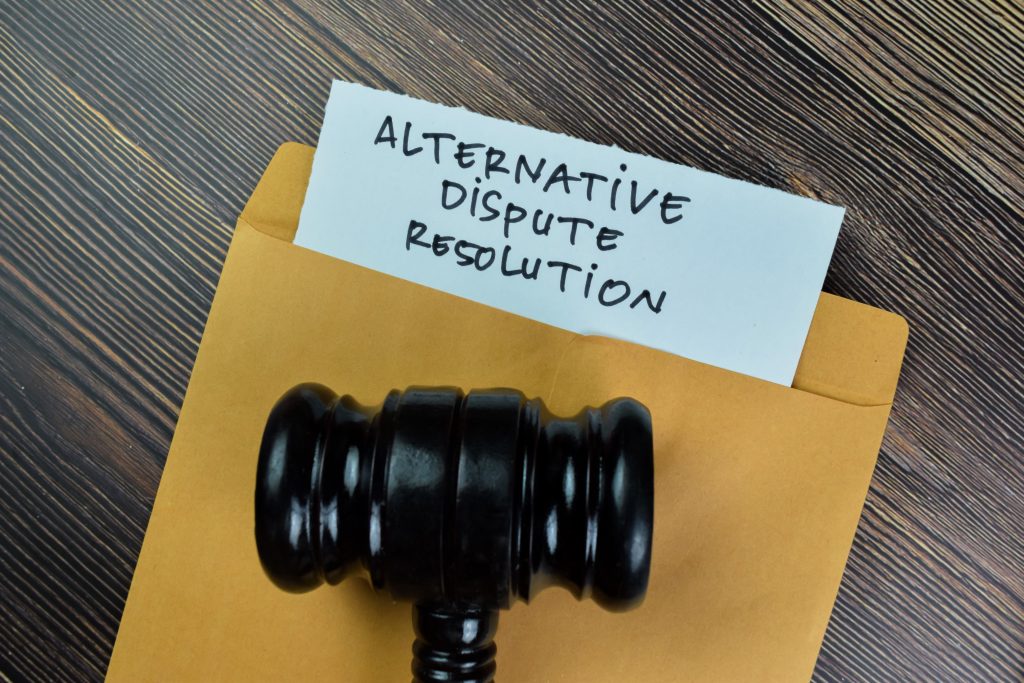


Ian Davie
Senior Consultant
In a recent development, TBAT Innovation successfully navigated an HMRC compliance check on an R&D Tax Claim for a client, culminating in a positive resolution through Alternative Dispute Resolution (ADR).
The client approached our R&D tax team for assistance after their accountant had prepared an R&D claim that came under scrutiny during the compliance check process.
During the review, we quickly identified that certain costs were ineligible and should not have been put into the claim, and declared this with HMRC. Despite engaging in multiple rounds of Q&A with HMRC, subsequent responses were rejected, prompting the decision to pursue ADR to seek a resolution on the project.
At TBAT, we have historically found ADR’s to be challenging, with HMRC refusing to make decisions or commitments. However, the assigned caseworker was engaging and actively sought clarification through targeted questions, ultimately accepting the project as R&D.
Our observations following on from this, were the following:
In the context of R&D tax claims, Alternative Dispute Resolution (ADR) refers to a process used to resolve disputes or disagreements between a taxpayer (claimant) and HM Revenue & Customs (HMRC) regarding the eligibility of R&D expenditure or the overall validity of an R&D tax claim.
When a taxpayer submits an R&D tax claim, HMRC may conduct a compliance check to verify the accuracy and legitimacy of the claim. During this process, HMRC may raise queries, seek additional information, or challenge certain aspects of the claim if they have concerns about its validity.
If disagreements arise between the taxpayer and HMRC during the compliance check, and if the issues cannot be resolved through regular communication and submission of supporting documentation, the parties may opt for ADR as a means to resolve without resorting to formal litigation or tribunal proceedings.

The use of ADR in the context of R&D tax claims involves engaging a neutral and impartial HMRC facilitator or mediator to help facilitate discussions between the taxpayer and HMRC. The ADR process aims to encourage constructive dialogue, clarify misunderstandings, and explore potential solutions to resolve the dispute in a timely and efficient manner.
During ADR for R&D tax claims, the parties may discuss and clarify specific issues related to the claim, present additional evidence or explanations, and work towards reaching a mutually acceptable resolution. The facilitator may help identify key areas of disagreement, guide discussions, and assist in finding common ground.
It’s important to note that ADR for R&D tax claims is voluntary, and both parties must agree to participate in the process. The goal of ADR is to achieve a fair and balanced outcome that resolves the dispute effectively while minimizing the burden and cost associated with formal appeals or legal proceedings.
If you would like to speak to a member of the TBAT Innovation R&D Tax team regarding your R&D Tax Claim, get in touch using the form below.
Our comprehensive 2025 R&D Tax Credits review covers everything businesses need to know, including key developments in R&D tax reliefs, claim trends, compliance updates, HMRC enforcement actions, First Tier Tribunal cases, and changes to schemes like RDEC, ERIS, and Advance Clearance. Explore the impact on SMEs and large companies, insights on eligible costs and foreign subcontractor rules, and what to expect for R&D tax credits in 2026.

An HMRC R&D compliance check can be intimidating, even for businesses doing genuine innovation. This article walks you through what happens during a check, the information HMRC typically asks for, common issues that can arise, and how TBAT Innovation helps businesses respond confidently and keep their R&D tax credit claims strong.

Assists organisations in accessing research and development grant funding across a range of UK and EU schemes and industry sectors.
Get In Touch